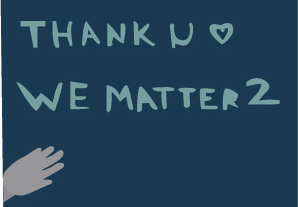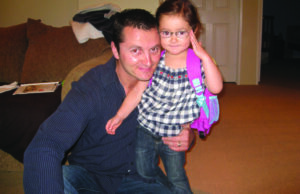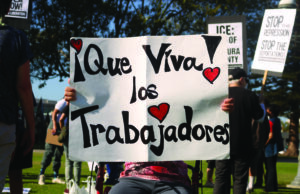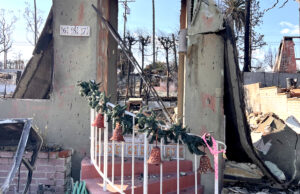Prison inmates need better COVID-19 protocols

The general public are not the only people suffering from COVID-19. Prisons around the U.S. have been experiencing high numbers of cases and deaths of guards and prisoners.
According to the New York Times, there have been over 480 thousand infected guards and inmates; among them, at least 2,100 deaths. Because there are limited guards and protection due to the pandemic, many jails are moving their prisoners together and combining facilities.
However, this is the last thing the prisoners need at the moment. Almost all inmates live in poor conditions with overcrowding, lousy ventilation and extremely low sanitation. How are the inmates supposed to keep themselves safe when their already overcrowded prison is being combined with another? Even if these people are criminals, they deserve the right to keep themselves safe and healthy by maintaining a six feet distance from one another.
Prisoners are four times as likely to be infected with COVID-19, and twice as likely to die from the infection. Yet, when some states attempted to decrease overcrowding by releasing minor offenders early, they were contested by the public and politicians with criticism.
This situation is no longer a question of protection of the general public and has become a moral conflict to whether we save the inmates from severe infection rates. These people do not have the choice to stay home or social distance, and yet the people outside of prisons are still struggling to do so.
What makes a criminal is the mistreatment of society or of individuals, yet aren’t we doing exactly that? Shoving people together into poor living spaces is not the moral way to treat human beings, even those who have committed crimes. If we as a people turn a blind eye to the sick and dying, and cannot find it in ourselves to respect the health and wellbeing of prisoners, our actions are no different than those of a criminal.



